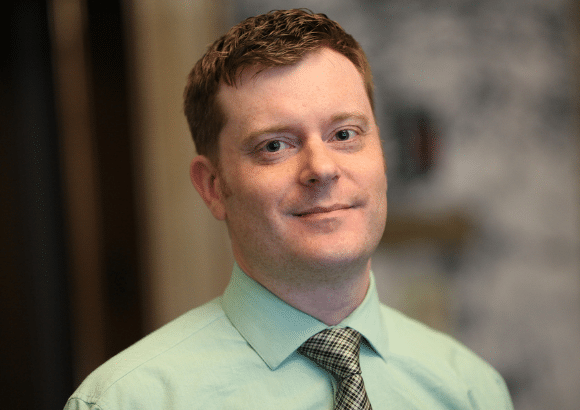The 2016 budget proposal from the Washington State House of Representatives offers a number of solid recommendations for maintaining existing investments and addressing short-term priorities for Washington’s economy. Missing from the budget is a focus on the long-term – and the kinds of common-sense revenue reforms that are necessary for our state to fully fund K-12 schools and reform its flawed tax system.
Highlights
In addition to making adjustments to compensate for changes in projected costs, the House budget would allocate more than $500 million in new funding toward important priorities. For example:
- Education: ($222 million): The budget partially addresses the K-12 teacher shortage in our state by increasing pay among first-year teachers to $40,000 from $35,000 per year. It would also increase bonuses for teachers that attain professional certifications and help retain pay for custodians, para-educators, and other essential school workers. In higher education, it would add funding to help aspiring students from families with lower incomes go to college. A program that helps communities with low property values raise enough resources to adequately fund local schools also receives a temporary boost of $90.5 million.
- Healthy People ($136 million): To comply with court mandates regarding mental health services in Washington state, some funds would go to improve the quality of patient care and to ensure the safety of staff at state mental hospitals. The budget would also include funding for 25.5 additional registered nurse positions at Western State Hospital. Funding would also be added for four new facilities around the state, each able to serve about 17 patients at a time. Additional funds would be allocated to help patients stay in stable, secure housing while getting treatment or recovering.
- Healthy Environment ($150 million): Like Governor Inslee’s proposed budget in December, the House’s budget would add significant new resources to compensate for 2015’s unusually bad wildfire season and to bolster efforts to prevent similarly devastating fires in the coming years.
- Homelessness mitigation ($45 million): Given the dire circumstances around homelessness in communities throughout Washington state, the House budget provides $37.4 million to help people who are homeless find stable, secure housing. Grants would also be allocated to public schools that find effective ways to help students who are homeless get the assistance they need and to stay in school.
To pay for the teacher salary increases and other K-12 enhancements, House leaders sensibly propose to raise about $120 million per year in additional revenues by closing or narrowing six wasteful tax breaks. They include a Real Estate Excise Tax exemption on properties sold at foreclosure claimed by banks; a sales tax exemption claimed by shoppers from other states; a sales tax exemption on bottled water; and preferential business tax rates claimed by prescription drug wholesalers, international banks, travel agents, and tour operators.
Challenges and Missed Opportunities
While House leaders’ effort to narrow tax breaks is a good start, it still won’t raise enough revenue to provide the funding needed to fund K-12 education as mandated by the State Supreme Court. What’s more, the budget writers miss a big opportunity to reform Washington state’s upside-down tax system – in which the people with the lowest incomes pay a much higher percentage in taxes than the wealthiest 1 percent. The policymakers should have proposed common-sense reforms, including the capital gains tax they championed last year.
Instead, their budget relies on draining budget reserves, transferring resources from other accounts, removing required expenditures from long-term projections, and other one-time actions to compensate for higher-than-anticipated needs for state services and lower-than-expected tax collections.
Furthermore, the House’s proposal to draw $530 million from budget reserves to pay for the wildfires and other pressing needs is risky. Doing so could make it difficult to maintain services that benefit all Washingtonians should the economy take a turn for the worse. By 2019, budget reserves will fall to less than three percent of annual state spending under this plan. That’s far below the 15 percent reserves recommended by most state fiscal experts and economists.
It is commendable that the House budget proposal maintains the investments previously enacted in the 2015-17 state budget and addresses important short-terms priorities that will help improve the well-being of many Washingtonians. But significant reforms to Washington’s tax system will still be needed to create a sustainable state budget that helps ensure our schools and our economy are strong.
